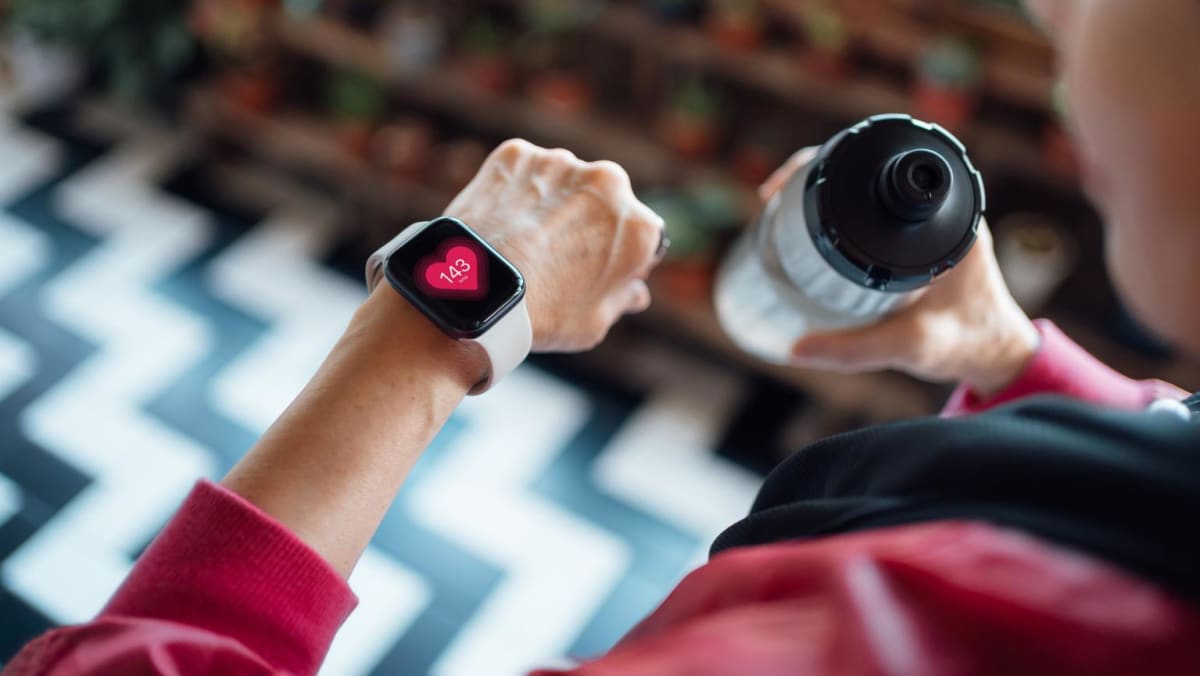In the eternal human quest to know thyself, it’s tempting to seize on every bit of information we can glean. If you could know, for instance, not just that you slept 6.5 hours last night but also that 12 per cent of those hours were spent in REM sleep and that your overall “sleep efficiency” – time asleep versus time awake – was 85 per cent, as many pieces of wearable tech can tell you, why wouldn’t you?
At least that’s the attitude of many people in our age of the quantified self, in which collecting sheaves of data about our bodies every day seems to hold the promise of bringing about a happier, healthier life. But what if all of that data is also heightening our stress? Is there a metric for that?
While some Oura users say they enjoy the ring as a screen-free way to keep tabs on their bodies, several Oura owners, including Hills, described feeling increasingly anxious after using their devices. Rather than helping them feel more in control of their wellness, the data only made them fixate on potential – and often nonexistent – problems.
You could call it Oura paranoia, though the phenomenon is hardly exclusive to any one product: As wearable health technology, including Apple Watches and Fitbits, have become more popular in recent years, some users have struggled with the unintended psychological side effects of the devices.
Hannah Muehl, a physician assistant and dietitian in Pittsburgh, Pennsylvania, said she found that the quantified knowledge that she wasn’t sleeping well made it even harder for her to get rest. She purchased her ring after having a baby to track her sleepless nights nursing.
“It puts action behind things that should be innate, like reminding you to rest, reminding you sleep, all these things that shouldn’t be innate practices,” Muehl said. “Making them things that you’re trying to hit as a goal – which inherently, if you’re working hard toward resting, you’re not actually resting.”
“I just felt like I couldn’t do anything right to make the ring happy,” said Abi Caswell, a bakery owner who lives in New Orleans.
She got her ring a little over a year ago to use the device’s temperature-tracking feature for family planning. She liked the idea of not having “to remember to take out a thermometer every morning,” Caswell, 29, said.
She described become disenchanted with the device while opening her second bakery location. It was an intense period for Caswell, and the ring’s regular reminders reinforced what she already knew: “My body was in maximum overdrive,” she said.
Seeing that spelled out in data only exacerbated her negative feelings, like giving an upset person the wildly unhelpful advice that he or she should just calm down.
“It was stressing me out more thinking about how stressed I was,” Caswell said, “and how I was not able to give my body and my health the attention that it needed.”
The proliferation of technology designed to track our biology can also make it easy to forget that human beings are pretty well equipped to do that on our own, said Jacqueline D Wernimont, an associate professor at Dartmouth College in the film and media studies department who specialises in histories of quantification.
